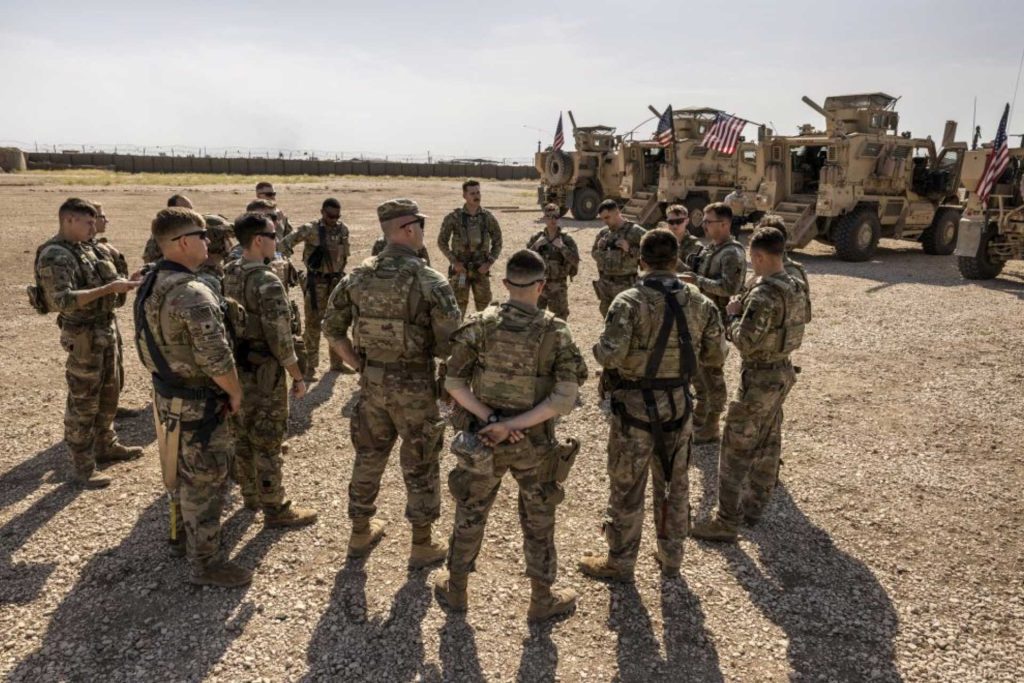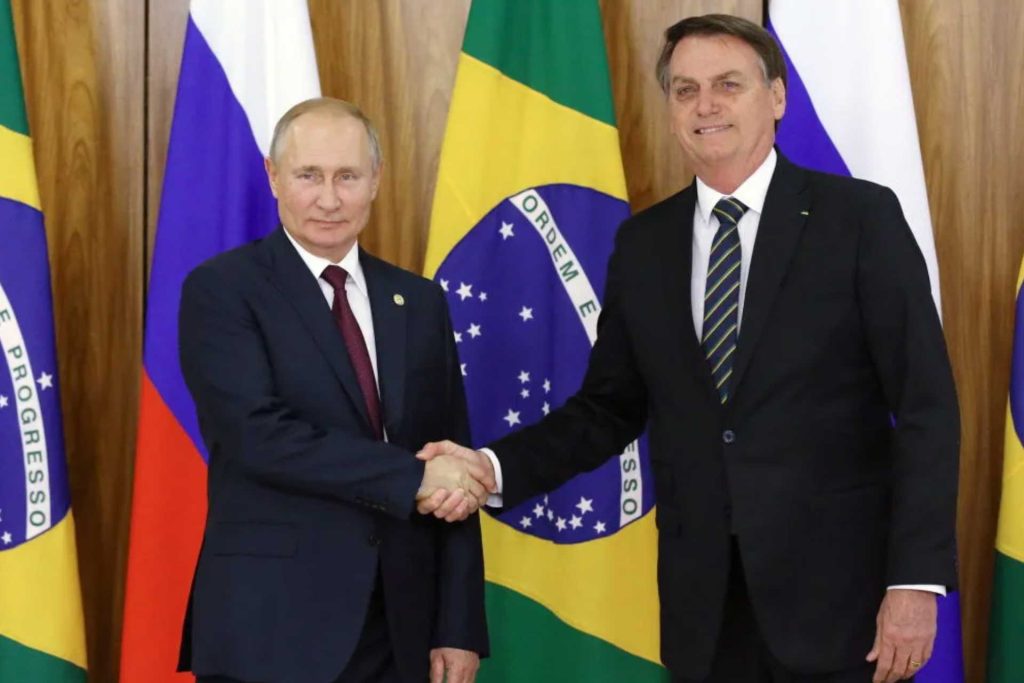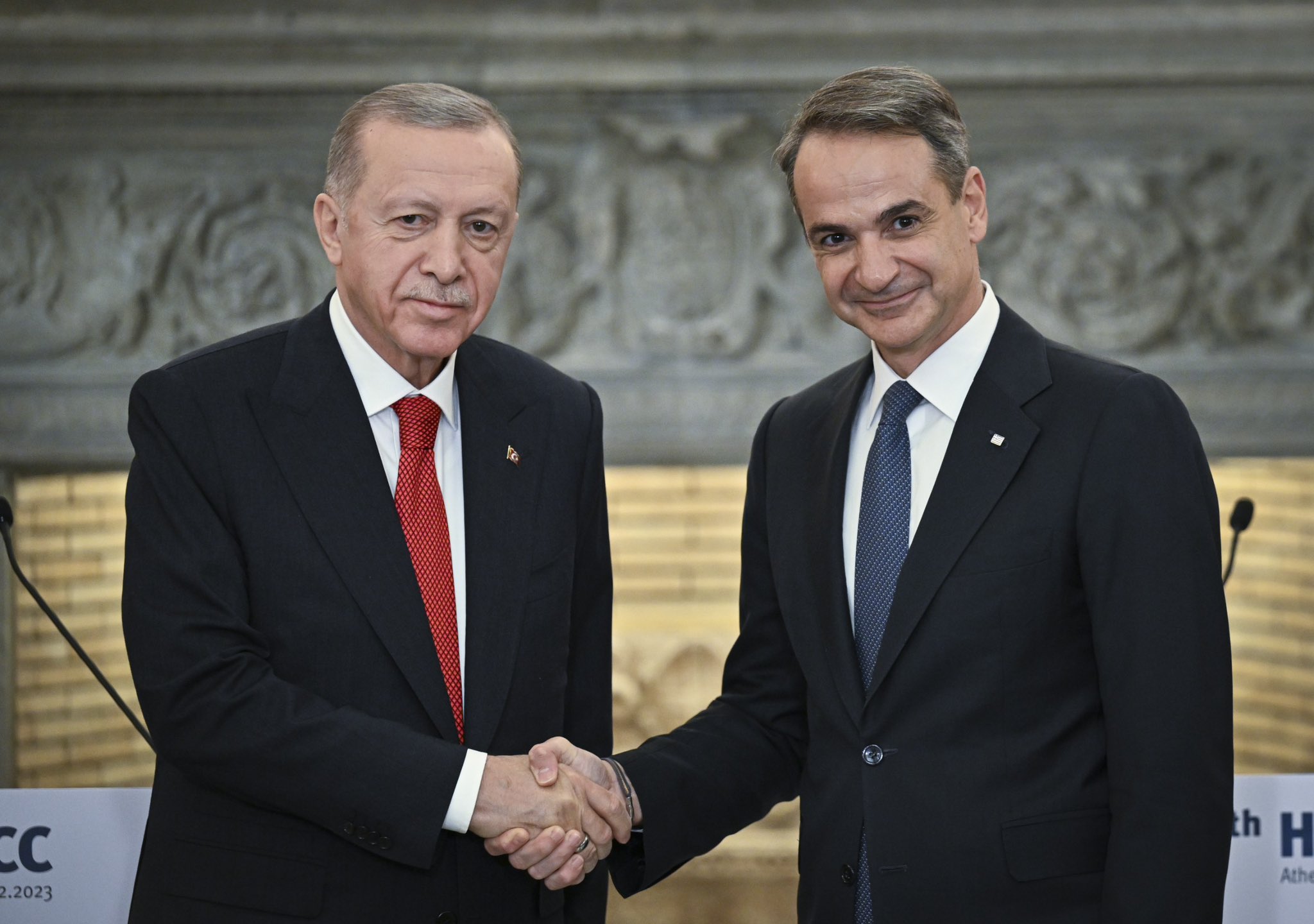Global Risk Assessment on Putin’s Challenges
The conflict in Ukraine initiated in 2014, not in 2022, marking eight years of enduring suffering for the global community, particularly the Ukrainian populace, owing to the absence of adequate deterrence measures against potential incursions by Putin. Prior to the onset of Putin’s offensive in 2022, NATO and the United States should have devised robust deterrent strategies. However, Putin now finds himself embroiled in a conflict he is unlikely to prevail in, owing to a vastly transformed geopolitical landscape since 2008 and 2014. Furthermore, Russia’s recent military setbacks, unforeseen by many, have shattered the myth of the invincibility of the Russian armed forces.

REUTERS/Marko Djurica
How the Russian military works and how it differs from the US military
The Russian military operates very differently from the US and other Western militaries. First of all, the US military is highly decentralized. In other words, in the US military, orders are given from the center and soldiers are expected to think about it in a decentralized structure. The execution authority in the field is delegated to subordinate commanders rather than high-ranking generals.[1] The Russian army, on the other hand, has a top-down, highly centralized hierarchical structure.[2] Given the fact that Ukrainians have been extremely successful in killing many Russian generals in the field, it is not difficult to understand one of the reasons for Russia’s military failure.

(Photo by John Moore/Getty Images)
Additional 300,000 inactive soldiers
The prevailing sentiment among most Russians regarding Putin’s war is characterized by skepticism and a lack of willingness to sacrifice their lives for a cause they perceive as lacking justification. This skepticism is palpably demonstrated by the attempts of Russian citizens to flee the country following the announcement of partial mobilization. Putin’s decision to pursue this course of action has proven profoundly misguided, as the soldiers recruited under this initiative lack substantive military expertise beyond rudimentary training. Consequently, this additional force of 300,000 individuals constitutes a notably feeble contingent when juxtaposed against the formidable Ukrainian army, renowned for its extensive training and possession of cutting-edge weaponry, with soldiers prepared to lay down their lives for their convictions.

REUTERS/Gleb Garanich
Weaponization of networks
Since the onset of the conflict, it has become increasingly evident that Putin has been leveraging natural gas pipelines as strategic tools, a fact he consistently underscores. The recent explosion in the Nord Stream pipeline serves as a poignant example, which we will delve into further. Germany shares culpability with Putin for affording him this potent leverage and thereby placing Europe in a precarious position.
Additionally, Putin has exploited refugees as a means of coercion, capitalizing on the European Union’s perceived vulnerabilities in its refugee and customs policies. This was exemplified by his facilitation of Kurdish migration to Belarus, subsequently pressuring them towards the Polish border [3]. While refugees bear the brunt of victimhood in this scenario, the EU emerges as the primary target.
Moreover, Putin’s naval blockade of Ukraine effectively weaponized the food supply chain, particularly impacting Middle Eastern nations heavily reliant on Ukrainian grain, where prices surged by 50%-100% [5]. Despite the significant benefits derived from the historic food corridor agreement brokered by Turkey, slated to expire on November 22nd, uncertainties loom regarding its renewal.
Simultaneously, the export of grain from Ukraine has stagnated, not due to inherent issues within recipient nations but rather attributable to market dynamics. Transport companies, understandably apprehensive due to security concerns, exhibit reluctance to operate, thereby disrupting the supply chain.

(Photo by OZAN KOSE/AFP via Getty Images)
Winter is coming
The prevailing crisis has engendered significant unease within the energy market and among corporations, particularly in light of the European Union’s heavy reliance on Russian natural gas, with the notable exception of Italy. Recent months have witnessed concerning developments, notably Gazprom’s ostensibly inadvertent announcement of valve closure to Europe [3]. Moreover, against the backdrop of the inauguration of the Baltic Pipeline between Norway and Poland—intended to mitigate reliance on Russian gas—the attention has been diverted by the unexplained explosion at the Nord Stream Pipeline. The magnitude of these occurrences is profound, as they suggest potential sabotage perpetrated by a state-affiliated actor. Consequently, the security of other gas pipelines must be cast into doubt, given the vulnerability exposed by such incidents. The European Union, therefore, faces a critical imperative to reassess its gas supply security and contingency measures in acknowledgment of the precariousness of its current situation.

(Photo by Swedish Coast Guard / Handout/Anadolu Agency via Getty Images)
Is the leader of the opposing ideology of democracy changing?
China is facing a big dilemma because of the war in Ukraine. On the one hand, China is close to Russia, and on the other, China attaches great importance to sovereignty.[6] At the same time, although China would like to see Russia strong, it has not been able to realize a specific policy against Russia because it is very afraid of the sanctions imposed.
In addition, Russia’s loss of power is a serious problem for China. We can read that Russia, which has been the leader of authoritarianism for many years, is starting to lose this position. But I don’t think China is holistically eager to become the leader of the rival ideology of democracy.
Latin America’s response
Numerous nations across the continent, notably Brazil, Argentina, and Mexico, have adopted unexpected stances, indicating their divergence from alignment with the Western bloc in the conflict. In a notable instance, Brazilian President Bolsonaro’s visit to Moscow in February underscored Brazil’s declared “solidarity” with Russia [7]. This divergence can be attributed primarily to the perception that the objectives of the war have been formulated in accordance with the interests of the United States. Initially, until April, the Western bloc’s aims were focused on halting Russia’s perceived unjust annexation and safeguarding Ukraine’s territorial integrity. However, subsequent to April, there has been a discernible shift in focus towards the goal of permanently weakening Russia and facilitating governmental overthrow—a stance not universally supported among all nations.

Steps that can be taken in a global framework
Putin will never accept defeat. At the end of the day, he will define success on his own terms, not on Western terms, but he will not accept defeat. The possibility of using nuclear weapons is also very high. However, we may need to evaluate this possibility from different angles. I think there are 3 nuclear scenarios. 1) Russia can test an above-ground nuclear bomb on Russian soil 2) Russia may test in territories not recognized by the international community, annexed by Russia, but does not kill anyone 3) It may be used on the battlefield. In light of the heightened plausibility, particularly emphasized in scenario 1, of a nuclear attack, the imperative for meticulous consideration and strategic planning in response is underscored, necessitating a concerted effort by the Pentagon. Within the framework of global security imperatives, the pivotal role of China and India in mitigating the occurrence of all three scenarios, given the intolerability of nuclear utilization or its threat, is paramount. Consequently, both China and India bear a significant responsibility to effectively communicate warnings to Putin, underscoring their crucial contribution to international peace and stability.
Muhammed F. Cetinkaya
Graduate student-Boston University Pardee School of Global Studies
[1] https://www.nzz.ch/english/yazidis-and-kurds-among-the-many-crossing-from-belarus-to-poland-ld.1654752
[2] https://www.wilsoncenter.org/article/grains-and-hydrocarbons-middle-east-and-war-ukraine
[3] https://www.doctrine.af.mil/Portals/61/documents/AFDP_3-30/3-30-D85-C2-Appendix-Definitions-Terms.pdf
[4] https://warontherocks.com/2022/06/not-built-for-purpose-the-russian-militarys-ill-fated-force-design/
[5] https://www.reuters.com/business/energy/nord-stream-1-nominations-fall-zero-aug-31-0200-cet-2022-08-30/
[6] https://thediplomat.com/2019/05/does-china-really-respect-sovereignty/
[7] https://www.reuters.com/world/us-denounces-bolsonaros-solidarity-with-russia-ukraine-crisis-brews-2022-02-18/
•




Comments